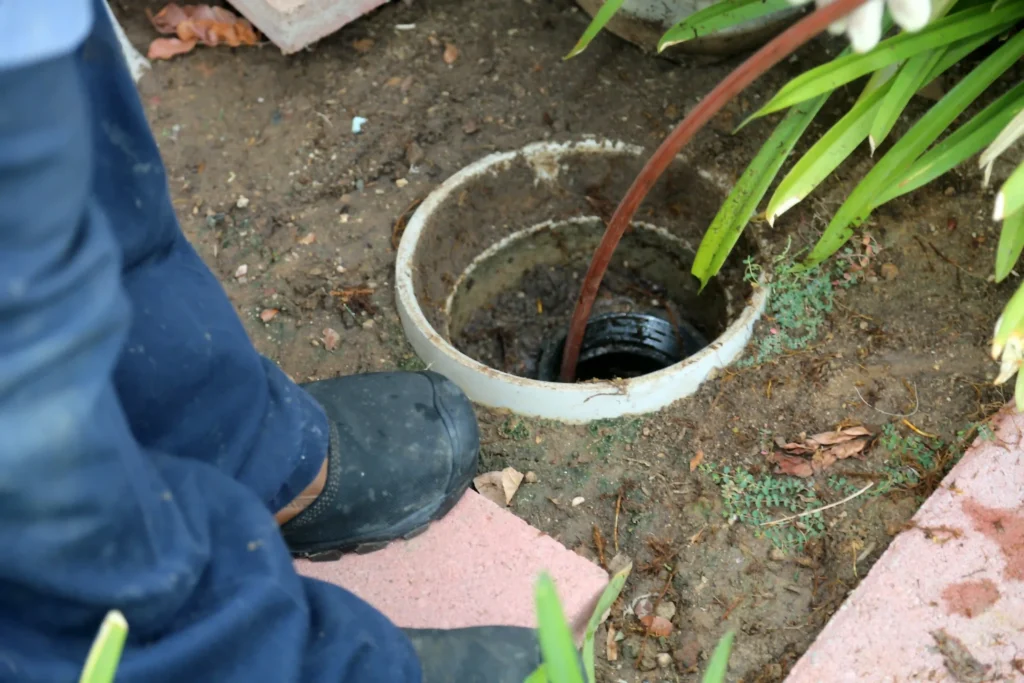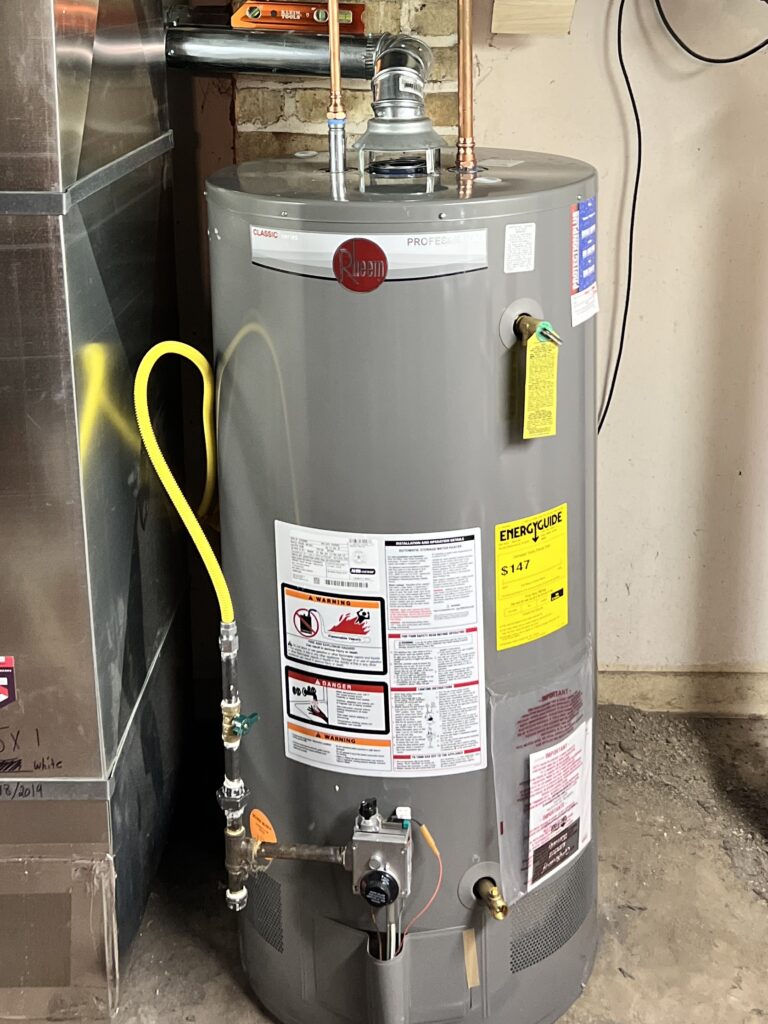

Blog
Buying a House With an Old HVAC System? Ask Your Realtor These 3 HVAC Questions
Finally, you’ve found the house in Des Moines that you’ve been looking for! The neighborhood is ideal, the pictures are great, and the price is in range. So, you schedule the tour. As you walk around your could-be-new-home and imagine yourself living there, there are a lot of things to consider.
Is the foundation solid? Is the roof in good shape? Oh, look, a double vanity! In all of the excitement and with so much to think about, it’s easy to overlook details like inspecting the furnace and air conditioner. Unfortunately, if you buy a home with an old HVAC system that hasn’t been properly maintained, you could soon be facing some unexpected and costly surprises or will experience discomfort in the home.
Luckily, this can be avoided, and we’ll tell you how.
Ask the Right Questions
You can avoid unpleasant surprises down the road by asking your realtor these three key questions about the home’s heating and cooling system:
How old is the HVAC equipment?
Unlike a fine wine, HVAC equipment does not get better with age. In fact, furnaces and air conditioners have a lifespan of about 15-20 years. The older the unit is, the more potential problems it may have. When equipment is in the 14-17-year-old range, you’ll want to start planning for replacement. Also, a newer furnace and air conditioner is much more energy efficient than an older HVAC system, which brings us to our next question.
What are the Energy Ratings?
Because heating and cooling make up more than half of your utility bills, it’s wise to ask your realtor for the energy efficiency ratings of the HVAC system. The ratings will give you an idea of what to expect in monthly energy costs. Basically, the lower the energy efficiency rating, the higher your energy bill will be.
Specifically, ask for the seasonal energy efficiency ratio (SEER) and annual fuel utilization efficiency (AFUE). We recommend at least a 13 SEER air conditioner (13-17), and an ideal furnace should be between 92% and 97% on the AFUE scale.
Could I see the maintenance and service records?
HVAC systems that have not been maintained routinely do not last long and may have some issues. Also, check to see if frequent or large repairs were made. This could be an indication of a problematic unit. In asking your realtor for the maintenance report or records, you will save yourself from some scary hidden costs down the road.
Contact an HVAC professional
If you’re serious about buying the home, consider hiring an HVAC professional to inspect the home’s furnace and air conditioner. Not doing a thorough inspection could end up costing you thousands of dollars.
Just how much? Well, the total price varies depending on the size of a home, but the average cost for a new heating and cooling system is $7,500 to $10,000. Now, just imagine having to pay that only after you bought your new home!
Isn’t that what the home inspection is for?
The inspector's job is to check the overall health of the home, which typically takes about 2-3 hours. During that time, the inspector follows an extensive list of things to be checked from top to bottom (literally from the foundation up to the roof) and everywhere in between.
While most home inspectors are good at what they do, they aren't HVAC professionals. Having a knowledgeable and qualified HVAC expert conduct an inspection will ensure you are getting a thorough and accurate report. If major repairs are needed, or the system needs to be replaced, you can get an estimate from your HVAC professional and notify the seller to either make the repairs or reduce the price of the home.
Whether you’re a first-time buyer or a seasoned homeowner, you need to feel confident when making the decision to buy a home. After all, it is the biggest investment you’ll ever make!
Taking the time to learn more about the home’s HVAC system can save you from being unpleasantly surprised later. Whether you’re buying or selling a home, contact us for all of your HVAC questions, to request an inspection or to schedule your routine maintenance.








